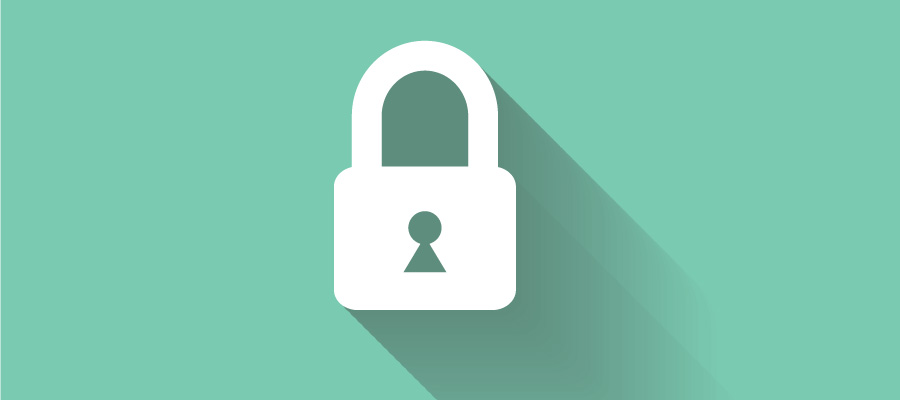Before you share any information online, it’s important to make sure your communication with the website is secure. Fortunately, there are two quick checks to help you be certain:
- Look at the uniform resource locator (URL) of the website. A secure URL should begin with “https” rather than “http.” The “s” in “https” stands for secure, which indicates that the site is using a Secure Sockets Layer (SSL) Certificate. This lets you know that all your communication and data is encrypted as it passes from your browser to the website’s server.
- Look for a lock icon near your browser’s location field. The lock symbol and related URL containing “https” simply mean that the connection between your web browser and the website server is encrypted, which is important. It prevents others from eavesdropping or intercepting your communication between your browser and the website’s server. But don’t be fooled into thinking the website you’re going to is secure—it may not be.
Remember to look for “https” and the lock icon. If you don’t see those two indicators, your communication to the website is not secure. For more security tips, visit the UW–Madison Office of Cybersecurity website.
Is it secure and legit?
While making sure the sites you visit are secure is important, you should also always be sure that a site is legitimate before entering a username, password or any other personal information. Paying close attention to the site’s URL in your browser’s location field, for example, can help you be certain that you’re on a legitimate site rather than a look-alike impostor.
